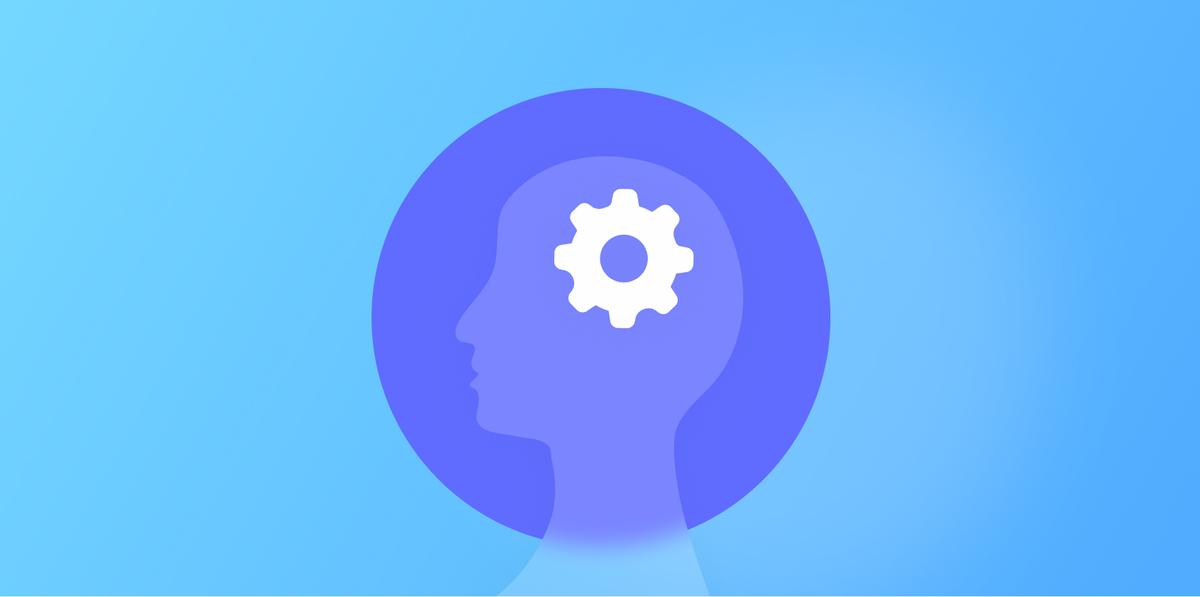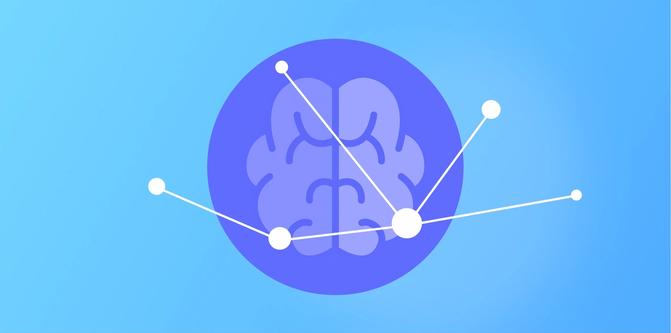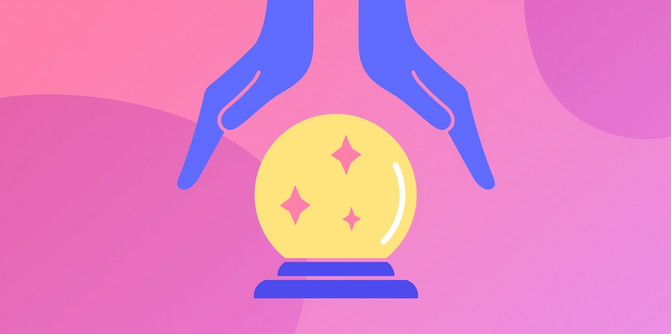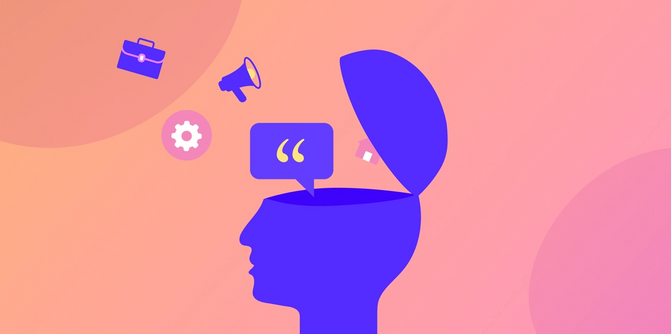Bedtime Procrastination: The Surprising Reasons Behind Your Late-Night Habits

Night owl or bedtime procrastinator?
While some may identify as night owls who thrive in the late hours, what if your tendency to stay up late isn’t actually a preference but a result of revenge bedtime procrastination? In this blog, we’ll dive into the concept of revenge bedtime procrastination, its potential underlying causes, and how AI may offer solutions to achieving better sleep habits and a better work-life balance.
Here’s an example (and totally fictitious story 🤭) of how revenge bedtime procrastination goes:
Sterling knows the importance of a good night’s sleep. As a busy product manager, she has a lot of work on her plate. She’s learned from experience that she needs to be in bed by 10:00 pm to avoid feeling groggy and irritable the next day when her alarm rings at 6:30 am. But on this particular night, despite setting her alarm, Sterling gets lured into an Instagram doom scroll at 9:45 pm. She tells herself it will only be for a few minutes, but the next thing she knows, she’s simultaneously taking a Buzzfeed quiz, listening to the For What It’s Work Podcast, and organizing her closet. Sterling doesn’t even crawl into bed until 2 am, but she justifies it because she didn't have any time to herself that day. When her alarm goes off a few hours later, she can’t help but feel annoyed with herself for letting her revenge bedtime procrastination get the best of her.
To sum it up, revenge bedtime procrastination describes the decision to sacrifice sleep for leisure that is driven by a daily schedule lacking in free time. Legend has it, in China, the word “revenge” was added to the concept of “bedtime procrastination” due to the demanding work culture - employees often work up to 72 hours a week. Staying up late is seen as a way to reclaim control over your life because it allows for personal time and freedom when daytime hours are filled with work or familial commitments.
Even if you aren’t trying to get revenge on your day, you can still practice bedtime procrastination - getting insufficient sleep because you go to bed too late. Both phenomena lead to similar consequences for your overall health and wellness.
Consequences of bedtime procrastination
Bedtime procrastination is a common habit that many of us can relate to. But it's important to understand that sleep deprivation can seriously affect our overall health. When we don't get enough sleep, it can impair our cognitive function - the ability to think clearly, remember things, and make decisions. It can also leave us feeling groggy and unproductive during the day. Additionally, lack of sleep can impact our emotional well-being, making us irritable and more susceptible to mental health issues like depression and anxiety. It can even affect our physical health, putting us at risk for cardiovascular problems, metabolic disorders, and compromising our immune function. The effects of sleep deprivation can accumulate over time, leading to long-term health problems. With bedtime procrastination, these consequences can become even more concerning as it may contribute to a negative cycle of reduced sleep and worsening health. So, it's important to recognize the impact of bedtime procrastination and prioritize healthy sleep habits for our overall well-being.
Signs of revenge bedtime procrastination
In the journal article “Bedtime Procrastination: A Behavioral Perspective on Sleep Insufficiency,” Floor Kroese defines three criteria that determine whether a certain behavior qualifies as bedtime procrastination:
⏱️ Delay
Not all delays are considered procrastination, but procrastination always involves delay. Procrastinators are often aware of the deadline or timeframe they have set for a task, like Sterling planning to go to bed at 10:00 pm, but they choose to ignore it. Procrastination typically involves either deviating from a clear intention to complete a task (like going to sleep) within a specific timeframe or acting in a way that, upon reflection, could have been recognized as a form of delay.
🤔 Lack of a valid reason to delay
Another crucial factor in bedtime procrastination is that the delay in going to bed is unwarranted. In Sterling's case, she could have gone to bed on time but chose not to. The key is that there is no valid reason, such as being stuck in traffic, caring for an infant, or finishing a long-overdue project, for going to bed late. If Sterling had stayed up to work a night shift instead of watching cat videos, it wouldn't have been considered bedtime procrastination.
☠️ Foreseeably being worse off
The final criterion for bedtime procrastination is when you expect to be worse off as a result of delaying. While delays in general have consequences, bedtime procrastinators voluntarily subject themselves to unnecessary consequences. Despite knowing that she would be tired and worse off the next day for work, Sterling chose to stay up late anyway.
Why do we procrastinate bedtime?
Low self-control - a characteristic that reflects the extent to which people are able to resist temptations and inhibit their impulses - is the typical explanation of why people postpone their duties for other things, but research is finding that emotion regulation failure might be the main contributor. It’s the idea that you want to satisfy your current state, maybe by watching funny cat videos, in exchange for the comfort of your future state, being tired and grumpy the next morning.
Sweet tip: The primary solution for defeating bedtime procrastination (AKA self-regulation failure) is to practice innerwork: What is the underlying emotion that justifies the procrastination? We have a podcast episode on doing exactly this called “Overcome Procrastination With Emotional Agility.”
Revenge bedtime procrastination and New Work
The Chinese addition of “revenge” to “bedtime procrastination” sheds light on the significance of maintaining a healthy work-life balance (and how that might not always be the case). When we find ourselves consumed by work and stress throughout the day, feeling the need to make up for lost time at night, it may indicate an imbalance in priorities, where our own well-being, self-care, and leisure time takes a backseat. In many cases, New Work is seen as the organizational structure to achieve this ideal healthy workplace balance, as it’s supposed to be flexible, autonomous, and human-centric - all characteristics that aim to promote an alternative to the traditional 9-5 grind.
But sometimes, this immense amount of freedom that comes with a New Work structure is overwhelming, and we find ourselves more consumed by work than ever before. It makes its way into our personal lives, our dreams, our thoughts, and our conversations - potentially leading to that revenge bedtime procrastination. But what if we had a tool that enabled us to complete our responsibilities within reasonable working hours, and in turn, create more time for us to live our lives to the fullest?
This is where we predict AI will change the Future of Work. AI tools are designed to eliminate the daily irksome tasks and minimize the complexities of working among multiple teams and products, all the things that take up your valuable workday time.
✅ AI-powered productivity tools can analyze data, streamline workflows, and provide personalized recommendations to help us prioritize tasks and make better use of our time. Repetitive tasks such as scheduling appointments, managing emails, and organizing files can be automated using AI, allowing us to focus on more meaningful and fulfilling activities. Tools like Gmail's Priority Inbox and SaneBox use machine learning algorithms to sort and prioritize emails based on user behavior and preferences.
✅ AI can assist in identifying patterns in our behaviors and habits, providing insights on how to optimize our time allocation. By analyzing data on our work patterns, sleep habits, and daily routines, AI can offer suggestions on how to make adjustments for better time management and work-life balance. Tools like RescueTime and Time Doctor also use machine learning algorithms to automatically track time spent on various tasks and provide insights on productivity patterns, helping users identify time-wasting activities and optimize their time management.
✅AI-powered tools like Collato can also improve communication and collaboration and can help employees find the information they need quickly, helping teams work more efficiently together, too. So you can concentrate on the tasks that matter most.
AI and advancing technologies can help us complete the monotonous tasks that weigh on our minds and stay efficient at work, so why not use them to our advantage? In doing so, we can better focus on our well-being and get some more sleep too.
😴 Tl;dr
Revenge bedtime procrastination is a common problem that many people experience due to busy schedules and a lack of free time during the day. It involves sacrificing sleep for leisure activities, often leading to insufficient sleep and negative consequences for our overall health and well-being. AI-powered solutions like Collato, a productivity-boosting search engine, can help individuals work more efficiently and potentially overcome bedtime procrastination. By understanding the concept of revenge bedtime procrastination and taking steps to overcome it, individuals can improve their sleep quality, productivity, and overall well-being.
FAQ




